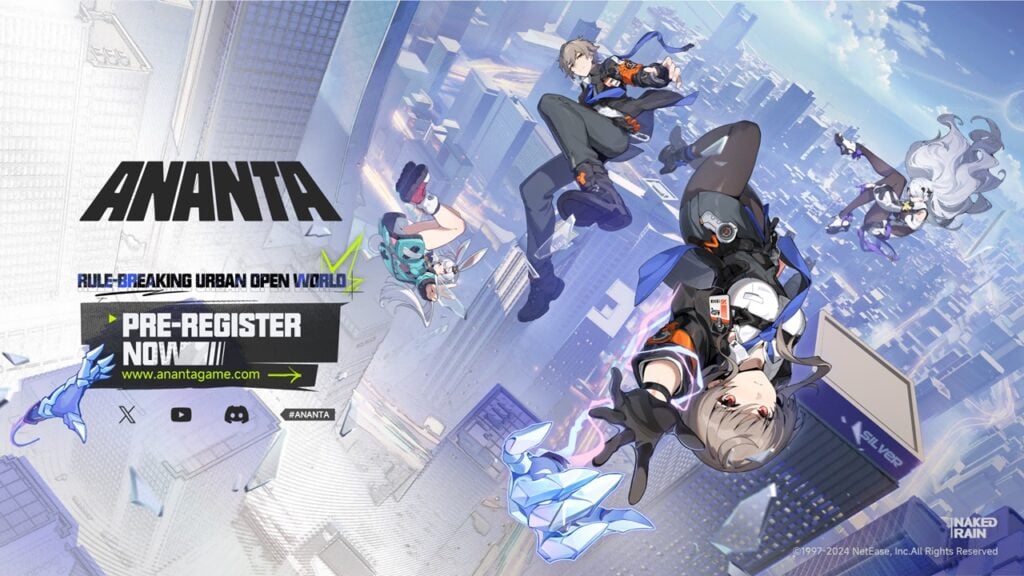EU Law Proposed: 1 Million Signatures Needed for MMO Preservation
 Ubisoft's abrupt closure of The Crew ignited a European-wide petition demanding legal protection for digital game purchases. This article explores the petition's goals and the fight to preserve players' investments in online games.
Ubisoft's abrupt closure of The Crew ignited a European-wide petition demanding legal protection for digital game purchases. This article explores the petition's goals and the fight to preserve players' investments in online games.
European Gamers Unite to Save Online Games
One Million Signatures Needed for EU Law Proposal: "Stop Killing Games"
A significant movement is underway among European gamers to protect their digital game purchases. The "Stop Killing Games" petition urges the European Union to legislate against publishers ending support and rendering games unplayable.
Ross Scott, a key organizer, is confident of success, highlighting the initiative's alignment with existing consumer protection policies. While the proposed law's reach would be limited to Europe, Scott hopes its impact on this major market will inspire global change, through either legal measures or industry self-regulation.
The challenge is substantial. The petition must navigate the complex "European Citizen’s Initiative" process, requiring one million signatures from across Europe within one year to trigger a formal legislative proposal. Eligibility is simple: European citizens of voting age (age varies by country).
Launched in early August, the petition has already amassed 183,593 signatures. While a significant undertaking remains, the one-year timeframe offers a realistic window of opportunity.
Holding Publishers Accountable for Server Shutdowns
 Ubisoft's decision to shut down The Crew, an online-only racing game launched in 2014, and subsequently rendering 12 million players' investments worthless, serves as a prime example of the problem.
Ubisoft's decision to shut down The Crew, an online-only racing game launched in 2014, and subsequently rendering 12 million players' investments worthless, serves as a prime example of the problem.
The closure of online-only games results in the permanent loss of countless hours of gameplay and investment. Even in the first half of 2024, games like SYNCED and NEXON's Warhaven have already met a similar fate, leaving players with nothing to show for their purchases.
"It's a form of planned obsolescence," Scott explains in his YouTube video. "Publishers are destroying games they've already sold, but keeping your money." He compares this to the silent film era, where studios destroyed films to recover silver, resulting in the irretrievable loss of countless movies.
Scott clarifies that the initiative only seeks to ensure games remain playable at the time of server shutdown. The petition specifically states that the proposed law would mandate "publishers that sell or license video games to consumers in the European Union (or related features and assets sold for videogames they operate) to leave said videogames in a functional (playable) state," leaving the implementation method to the publishers.
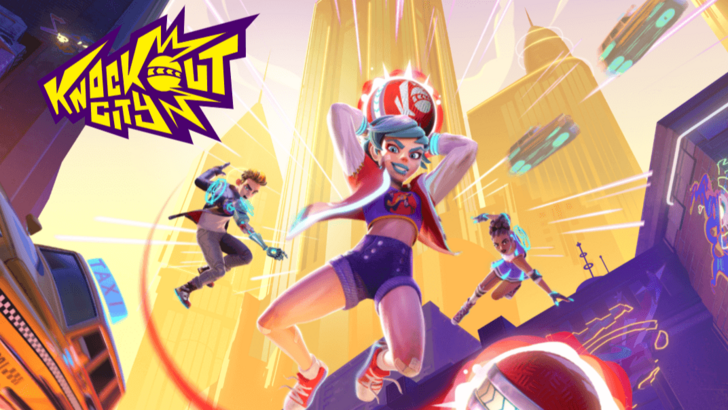 The initiative also aims to protect players who made in-game purchases in free-to-play games. Scott argues that rendering a game unplayable after microtransactions invalidates those purchases.
The initiative also aims to protect players who made in-game purchases in free-to-play games. Scott argues that rendering a game unplayable after microtransactions invalidates those purchases.
The precedent exists. Knockout City, shut down in June 2023, was subsequently released as a free-to-play standalone game with private server support, making all items and cosmetics freely accessible and allowing players to host their own servers.
However, the initiative does not demand:
⚫︎ Surrender of intellectual property rights ⚫︎ Release of source code ⚫︎ Unlimited support ⚫︎ Continued server hosting ⚫︎ Publisher liability for player actions
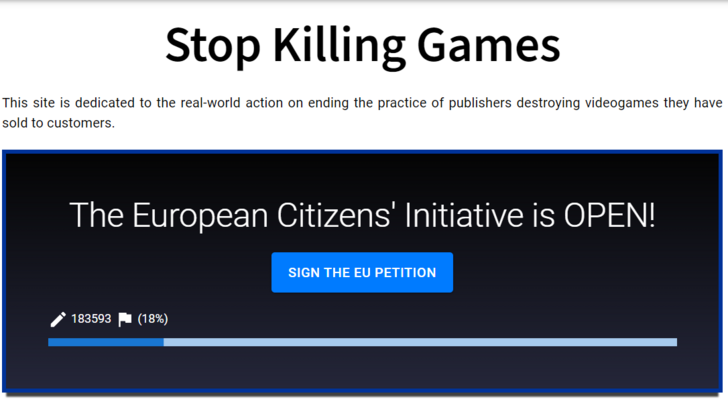 To support the campaign, visit the "Stop Killing Games" website and sign the petition (one signature per person). The website offers country-specific instructions to ensure signature validity.
To support the campaign, visit the "Stop Killing Games" website and sign the petition (one signature per person). The website offers country-specific instructions to ensure signature validity.
Even non-Europeans can assist by spreading awareness, says Scott, aiming to create "a ripple effect across the video game industry to prevent the destruction of more games."
-
1
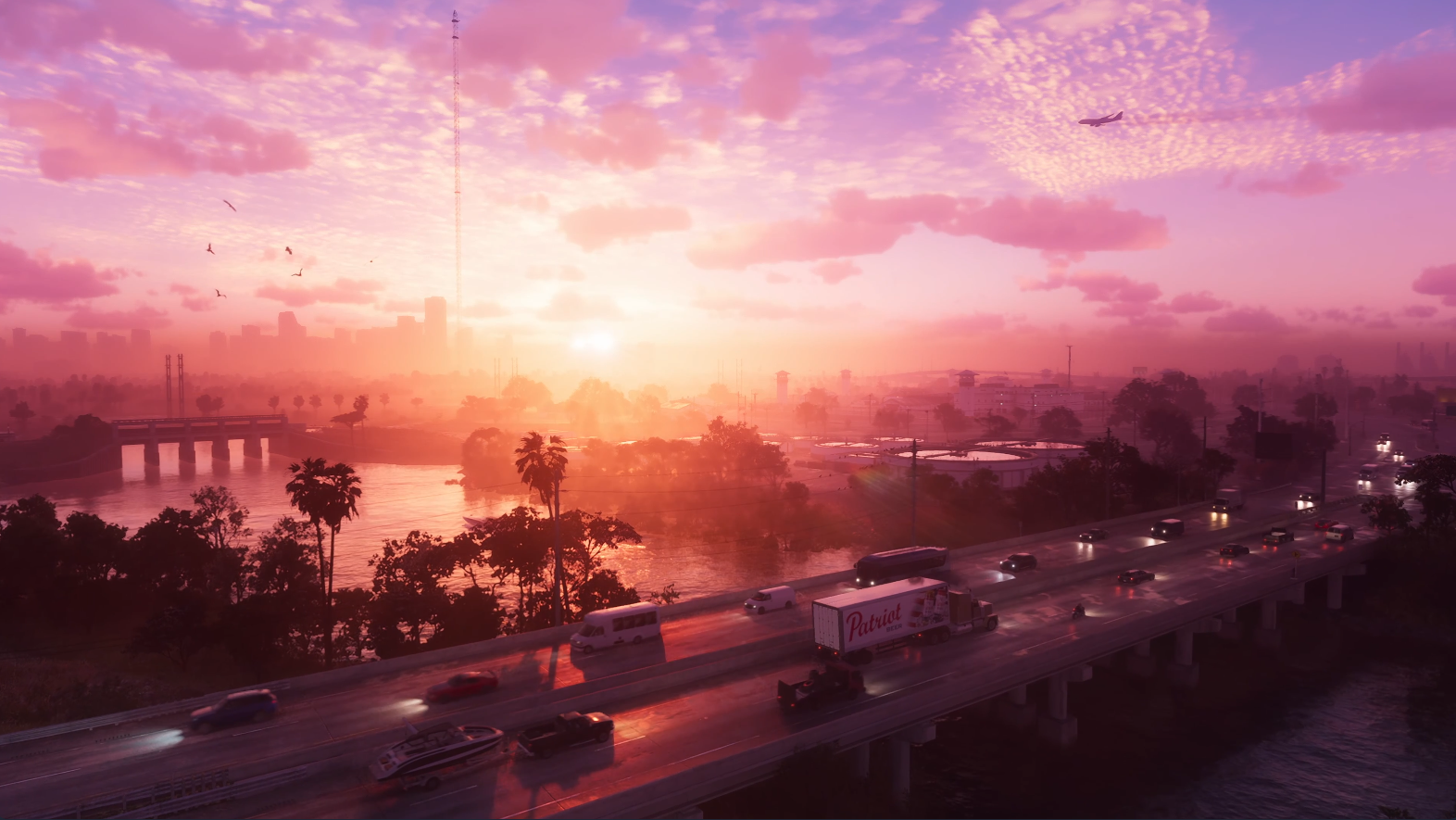
GTA 6 Set for Fall 2025 Release, CEO Confirms
Apr 03,2025
-
2

First ALGS in Asia Emerges in Japan
Jan 19,2025
-
3
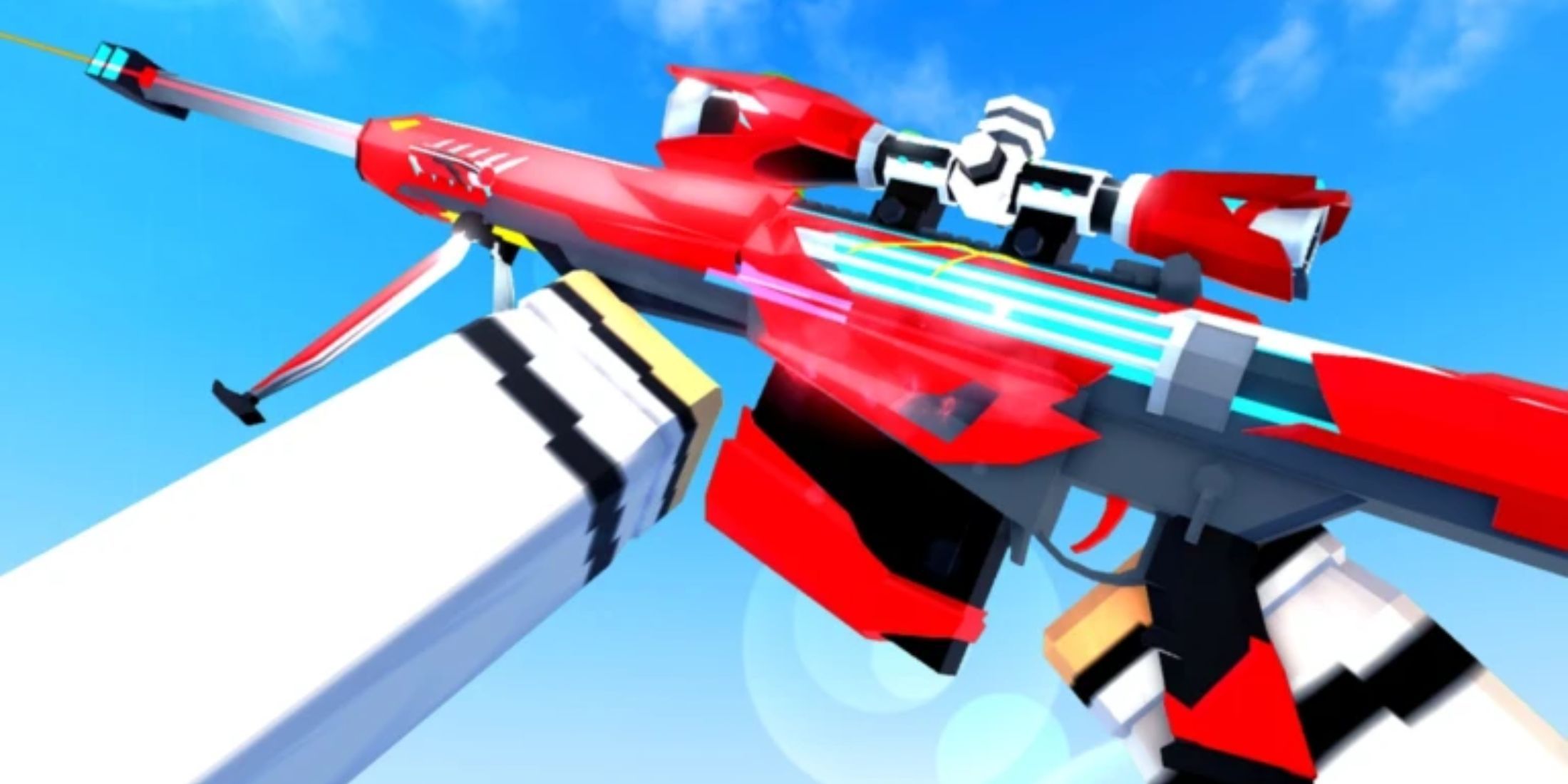
Roblox: CrossBlox Codes (January 2025)
Mar 04,2025
-
4
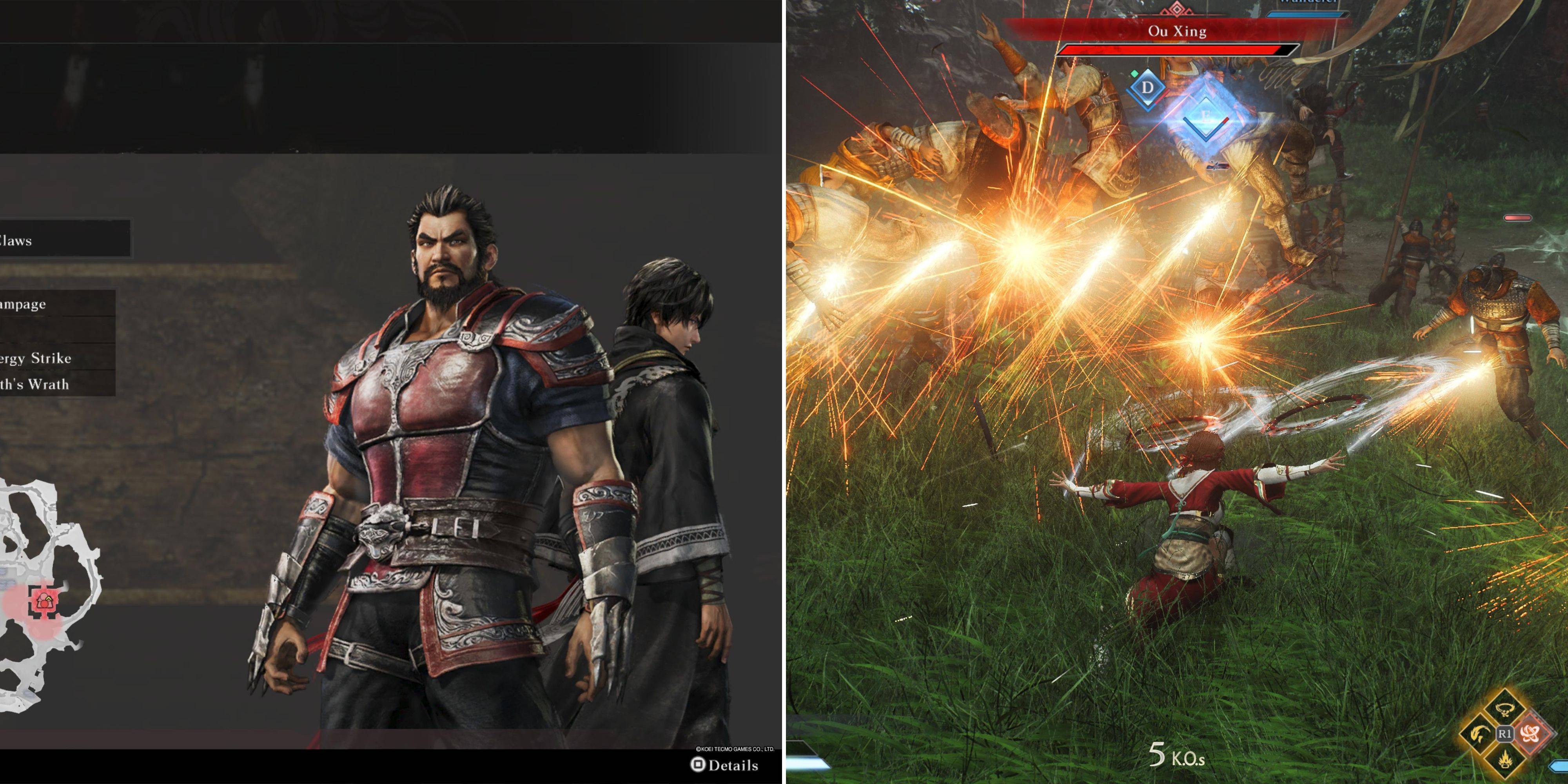
Introducing the Ultimate Guide to Seamless Character Swapping in Dynasty Warriors: Origins
Feb 25,2025
-
5

Cute mobs in Minecraft: pink pigs and why they are needed
Mar 06,2025
-
6
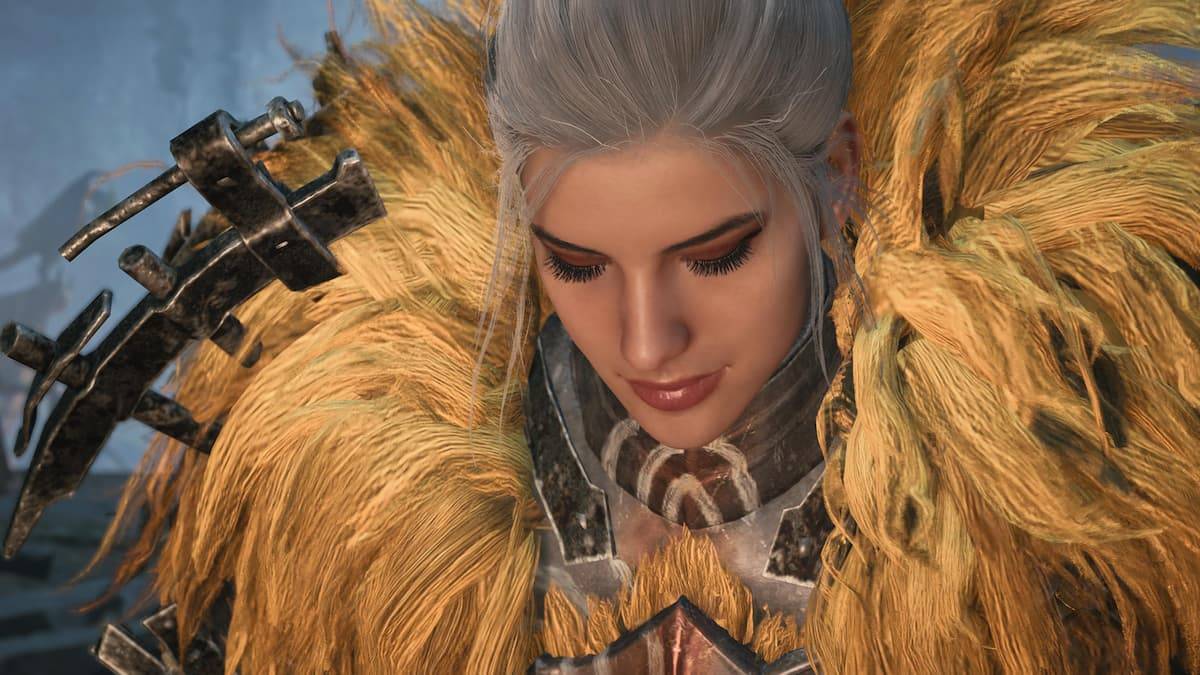
Max Hunter Rank in Monster Hunter Wilds: Tips to Increase
Apr 04,2025
-
7
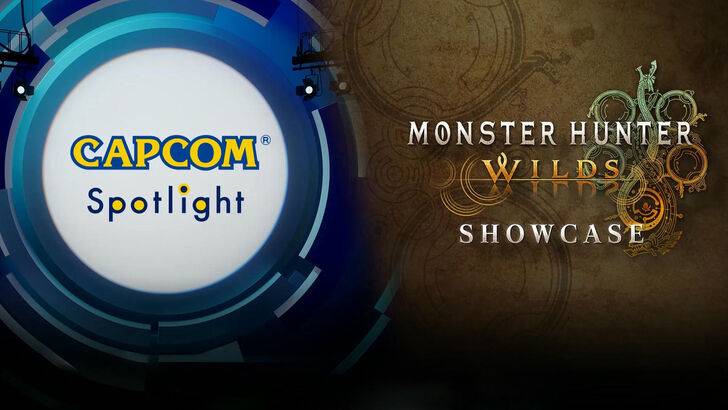
Capcom Spotlight Feb 2025 Showcases Monster Hunter Wilds, Onimusha and More
Apr 01,2025
-
8
![Roblox Forsaken Characters Tier List [UPDATED] (2025)](https://img.jdzca.com/uploads/18/17380116246797f3e8a8a39.jpg)
Roblox Forsaken Characters Tier List [UPDATED] (2025)
Mar 05,2025
-
9
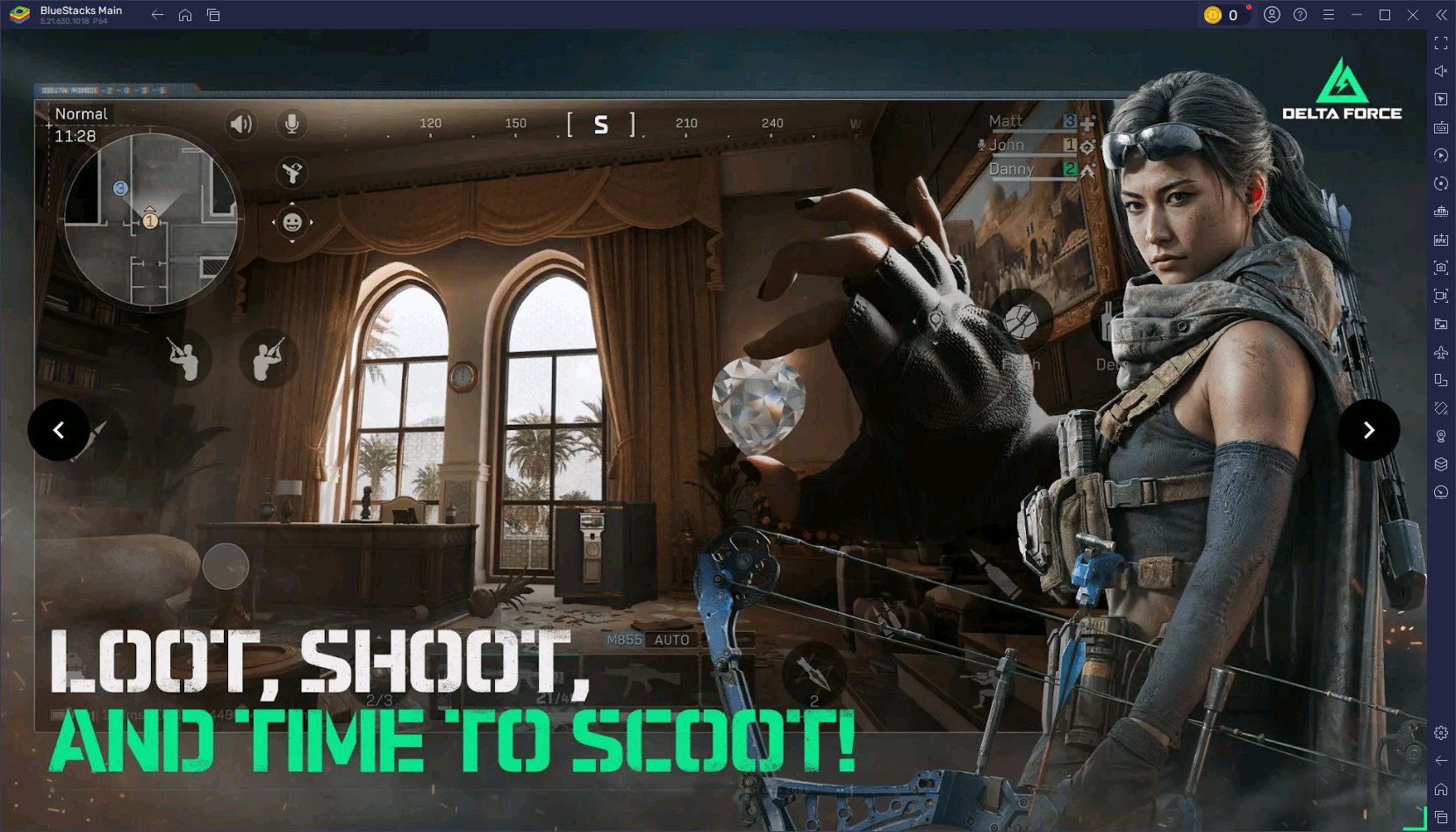
Delta Force Mobile: Beginner's Guide to Getting Started
Apr 23,2025
-
10
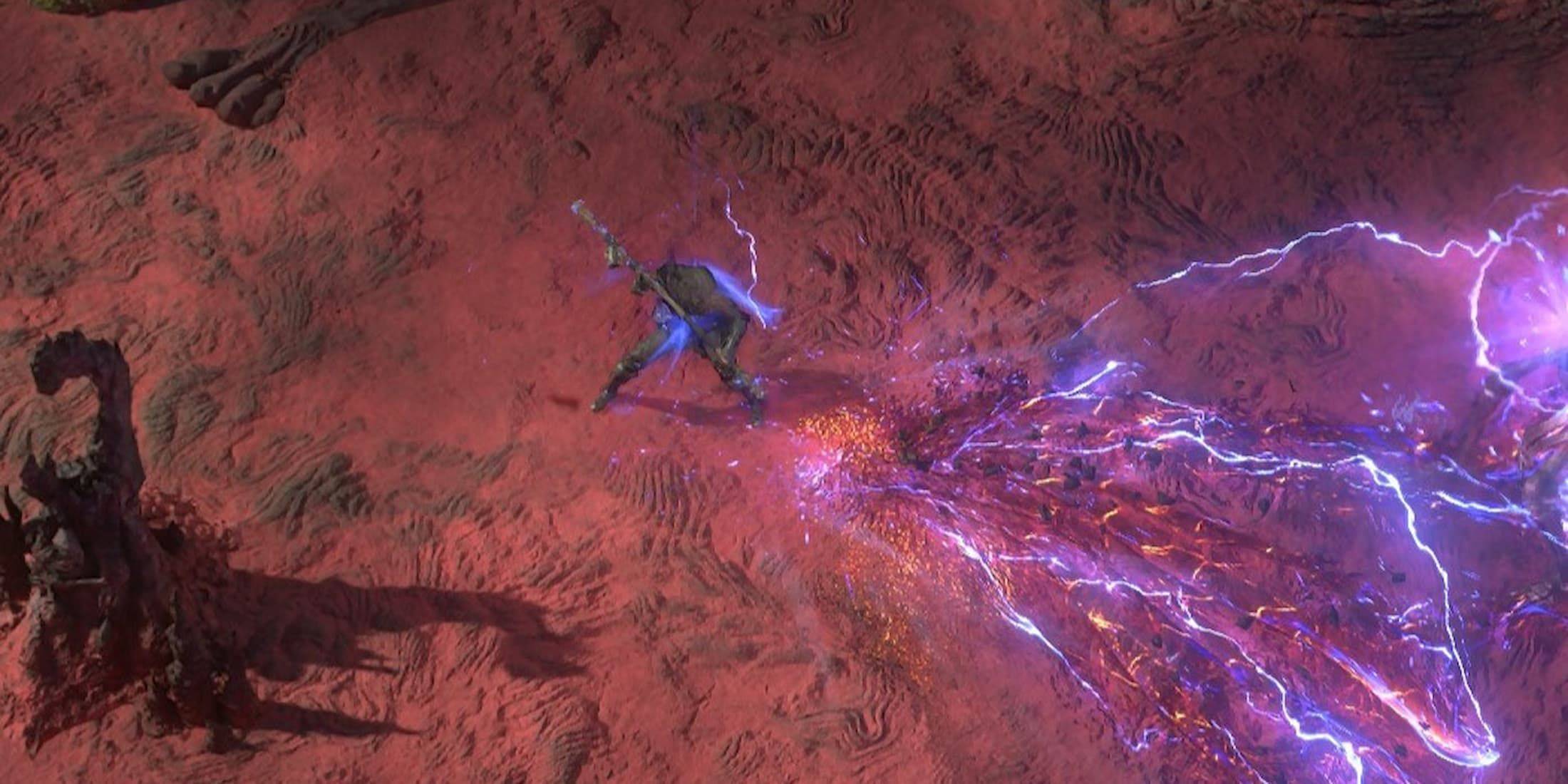
Power Charges in Path of Exile 2: Explained
Apr 03,2025
-
Download

Portrait Sketch
Photography / 37.12M
Update: Dec 17,2024
-
Download

Friendship with Benefits
Casual / 150.32M
Update: Dec 13,2024
-
Download
![[NSFW 18+] Sissy Trainer](https://img.jdzca.com/uploads/16/1719638919667f9b874d57e.png)
[NSFW 18+] Sissy Trainer
Casual / 36.00M
Update: Dec 11,2024
-
4
F.I.L.F. 2
-
5
슬롯 마카오 카지노 - 정말 재미나는 리얼 슬롯머신
-
6
Shuffles by Pinterest
-
7
Pocket Touch Simulation! for
-
8
Life with a College Girl
-
9
Chubby Story [v1.4.2] (Localizations)
-
10
Hunter Akuna

